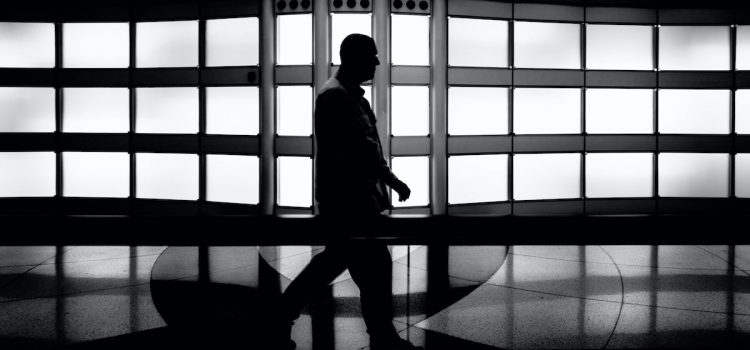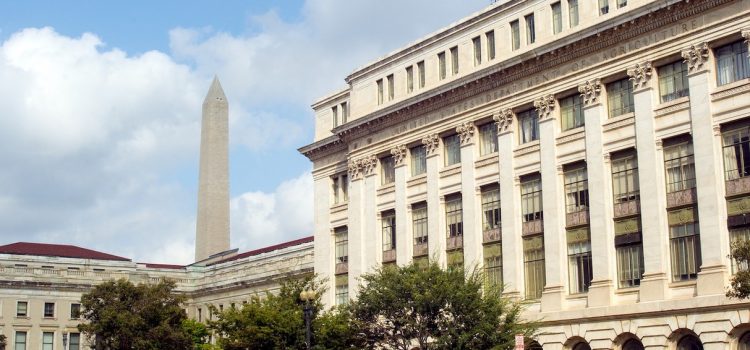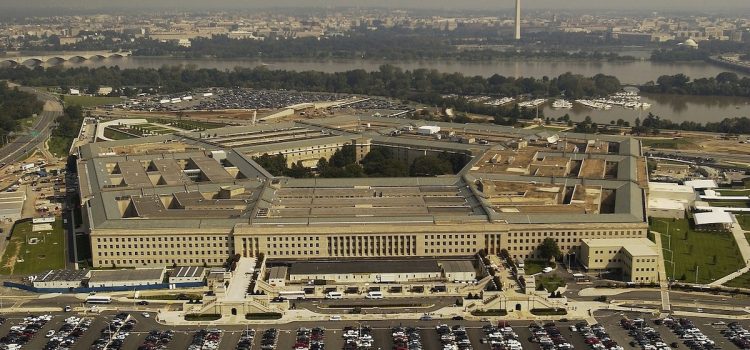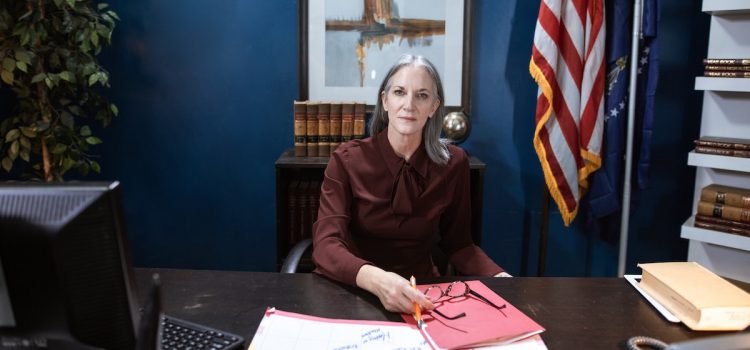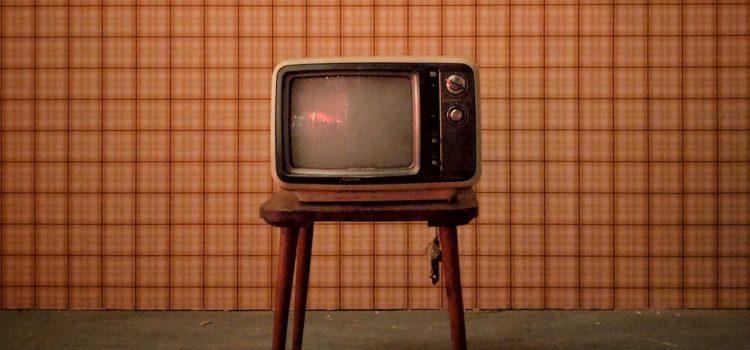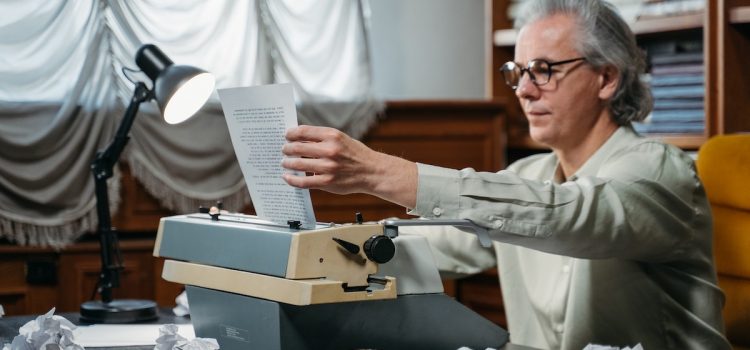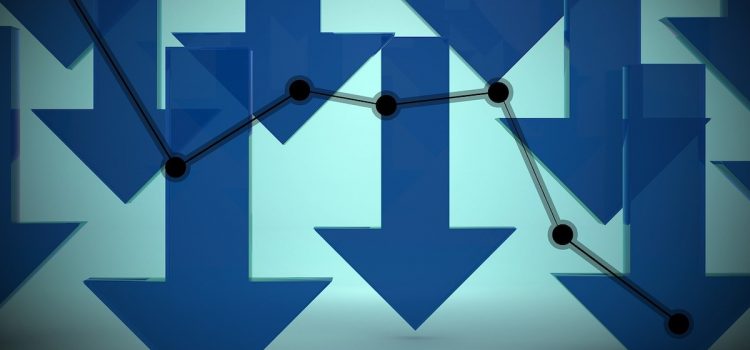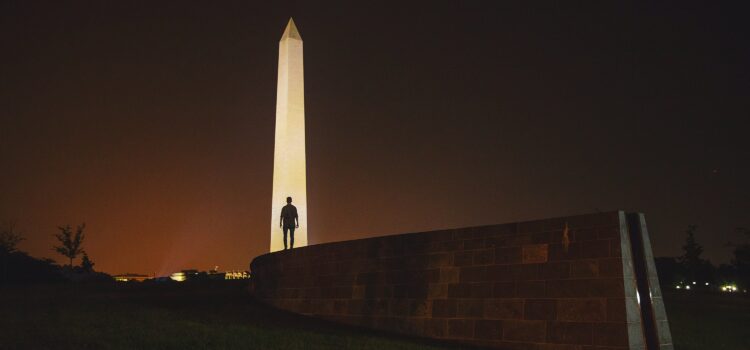Who really has the power in the United States? How did they get it? In The Power Elite, C. Wright Mills claims that the United States is controlled by a small group of powerful economic, military, and political elites. Writing in 1956, he suggests that the decisions, failures, and successes of the power elite are what truly determine the course of the country. Keep reading for an overview of this illuminating book.
The Power Elite by C. Wright Mills: Book Overview


